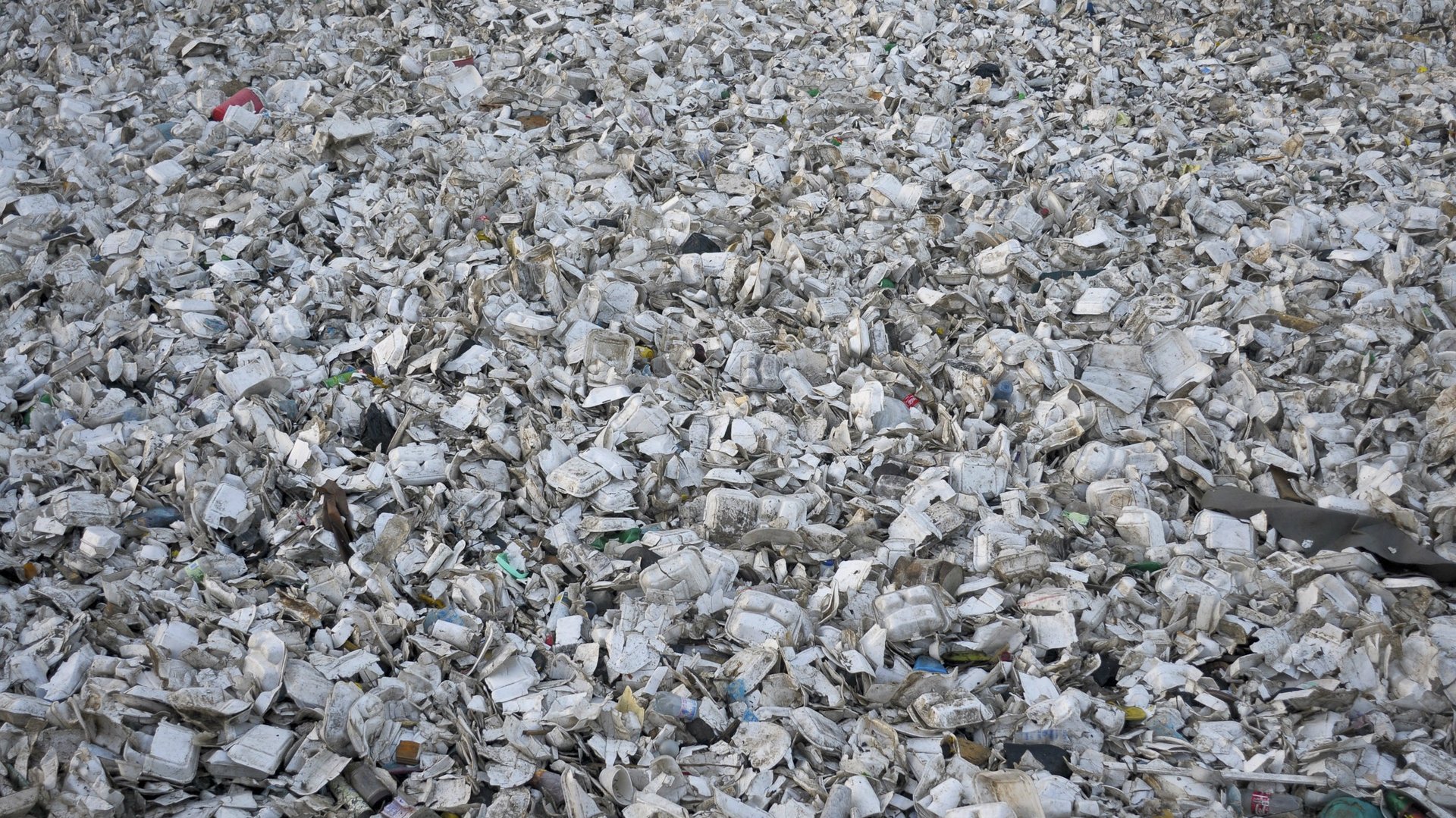France bans plastic cups, plates, and cutlery in a bid to save the planet
It’s a logical move for a country known to revel in the finer things. France this week became the first country to pass an all-out ban on plastic cutlery, plates, and cups.


It’s a logical move for a country known to revel in the finer things. France this week became the first country to pass an all-out ban on plastic cutlery, plates, and cups.
The new law is set to take effect in 2020 and will be part of France’s Energy Transition for Green Growth Act, which has already set a ban on disposable plastic bags throughout the country. The law will only allow disposable tableware made from 50% biologically-sourced materials that are compostable at home. The restrictions on plastic products follow the global climate agreement reached in Paris in 2015, a meeting of nations looking to curb the effects of climate change.
Plastic production requires the use of fossil fuels, which evidence has shown to have played a role in climate change. Once produced, plastic products are not biodegradable and can wind up languishing in garbage dumps and polluting the ocean and waterways, which often have adverse effects on wildlife.
Human use of plastic has become so commonplace that scientists have estimated that by 2050 there will be more plastic than fish in the sea. In fact, mankind has created so much plastic that some say it will likely show up in future fossil fuels.
French president François Hollande said the new law against disposable plastic tableware would make his country “an exemplary nation in terms of reducing greenhouse gas emissions, diversifying its energy model and increasing the deployment of renewable energy sources.”
Its detractors disagree. A European packaging manufacturers trade group, Pack2Go Europe, has urged the European Commission to launch a legal battle against France, arguing that the ban violates EU law on the free movement of goods. A representative of the Brussels-based group said that, ”Finding a package that meets the really critical food hygiene requirements that consumers want, that can also be composted in a domestic composter…right now they don’t exist.”
French environment minister Ségolène Royal initially viewed the reform as “anti-social,” given that low-income families rely more on plastic utensils. So the law was pushed from 2017 to 2020.